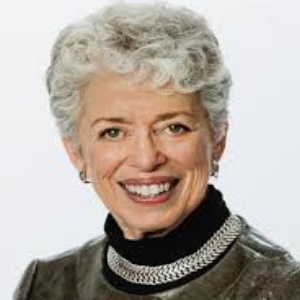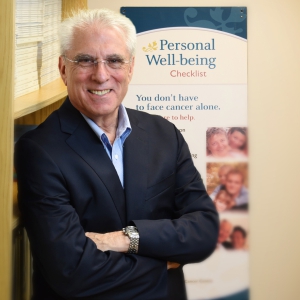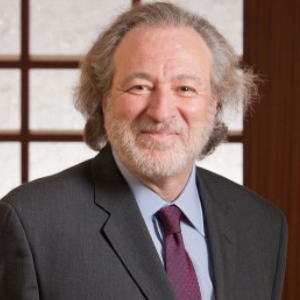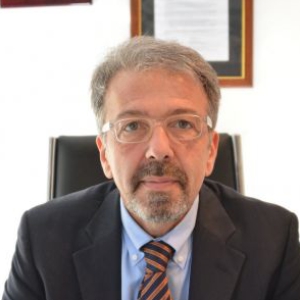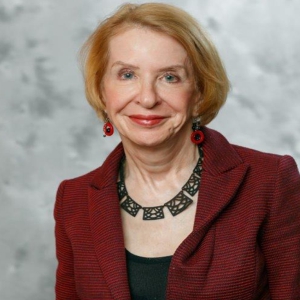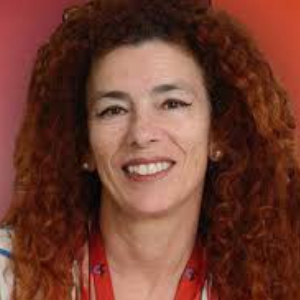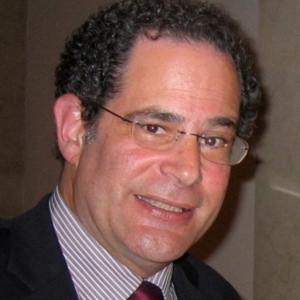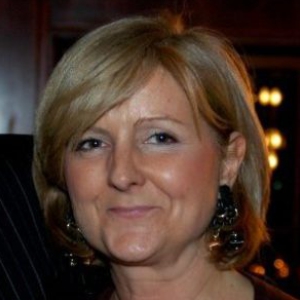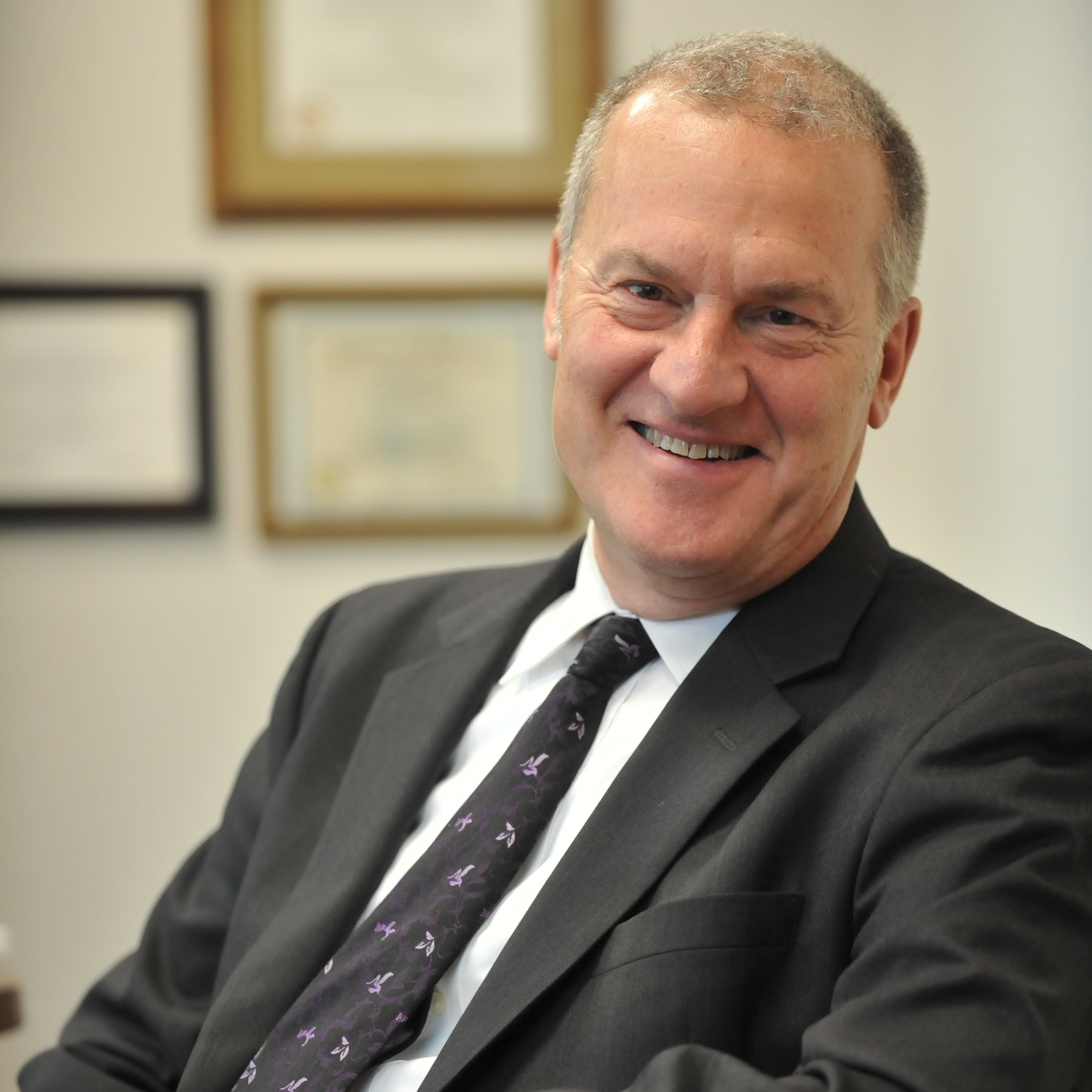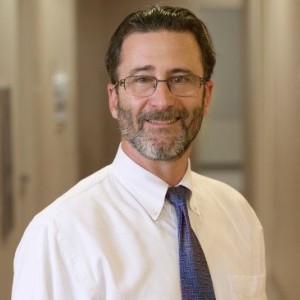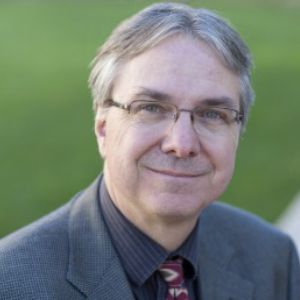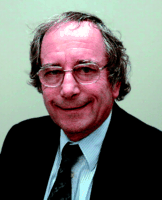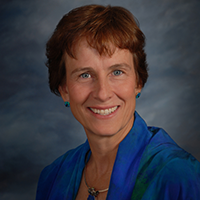History
Cancer brings with it tremendous psychological, emotional, and social distress to individuals and their families touched by the disease.
Research evidence suggests that 3 out of 5 (nearly 60%) cancer patients suffer from severe psychological distress warranting professional psychological intervention (Holland 1998). In recognition of this felt-need, a new field of science emerged in the late 1970s – the field of Psycho-oncology.
Psycho-oncology is a “Multidisciplinary subspecialty of Oncology concerned with the emotional responses of patients at all stages of disease, their families, and staff.” It is also concerned with “the psychological, social, and behavioural variables that influence cancer prevention, risk, and survival.” The field has expanded to cover a vast ground of cancer care: prevention, detection, treatment, end-of-life care and life after cancer including distress of cancer care givers (family, doctors and staff etc)”.

Psychological well-being is now considered the 6th vital sign in cancer (NCCN 2005) and several countries (USA, Canada, Australia, UK, Israel etc.), have drawn up Guidelines for cancer Psychosocial care and they have integrated Psycho-oncology into mainstream cancer care. India is yet to catch up with western countries in terms of integrating psychosocial care into cancer management and very few cancer centres in the country have Psycho-oncology service.
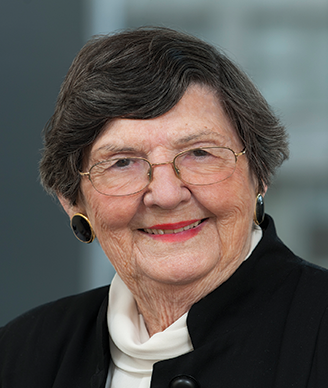
Dr. Jimmy C. Holland
Dr. Jimmie Coker Holland is known as the Mother of Psycho-oncology, as she was instrumental in establishing the field of psycho-oncology. She along with her colleagues started a full-time psychiatric service at Memorial Sloan Kettering Cancer Centre in 1977. The program was first of its kind in cancer treatment, and she trained psychologists to specialize in issues specific to people with cancer.
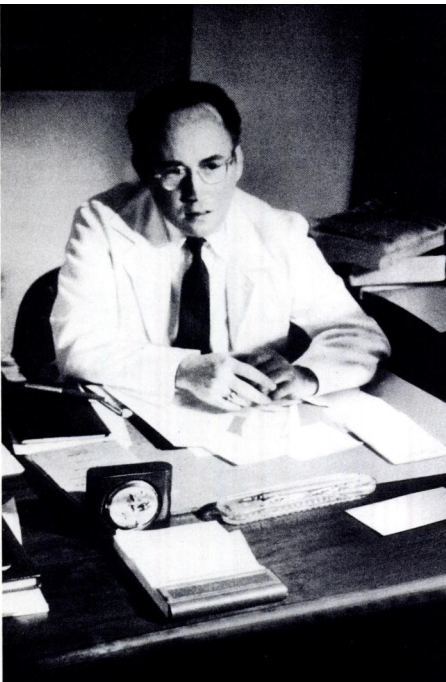
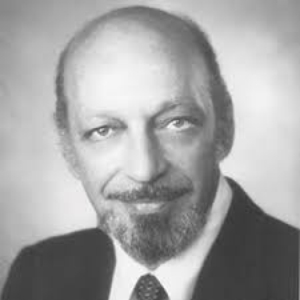
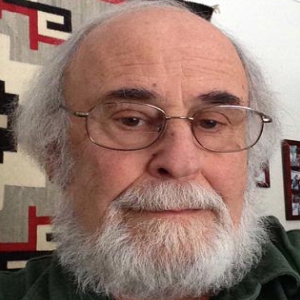
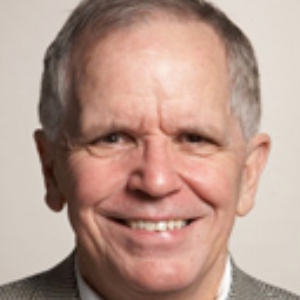
.jpg)
